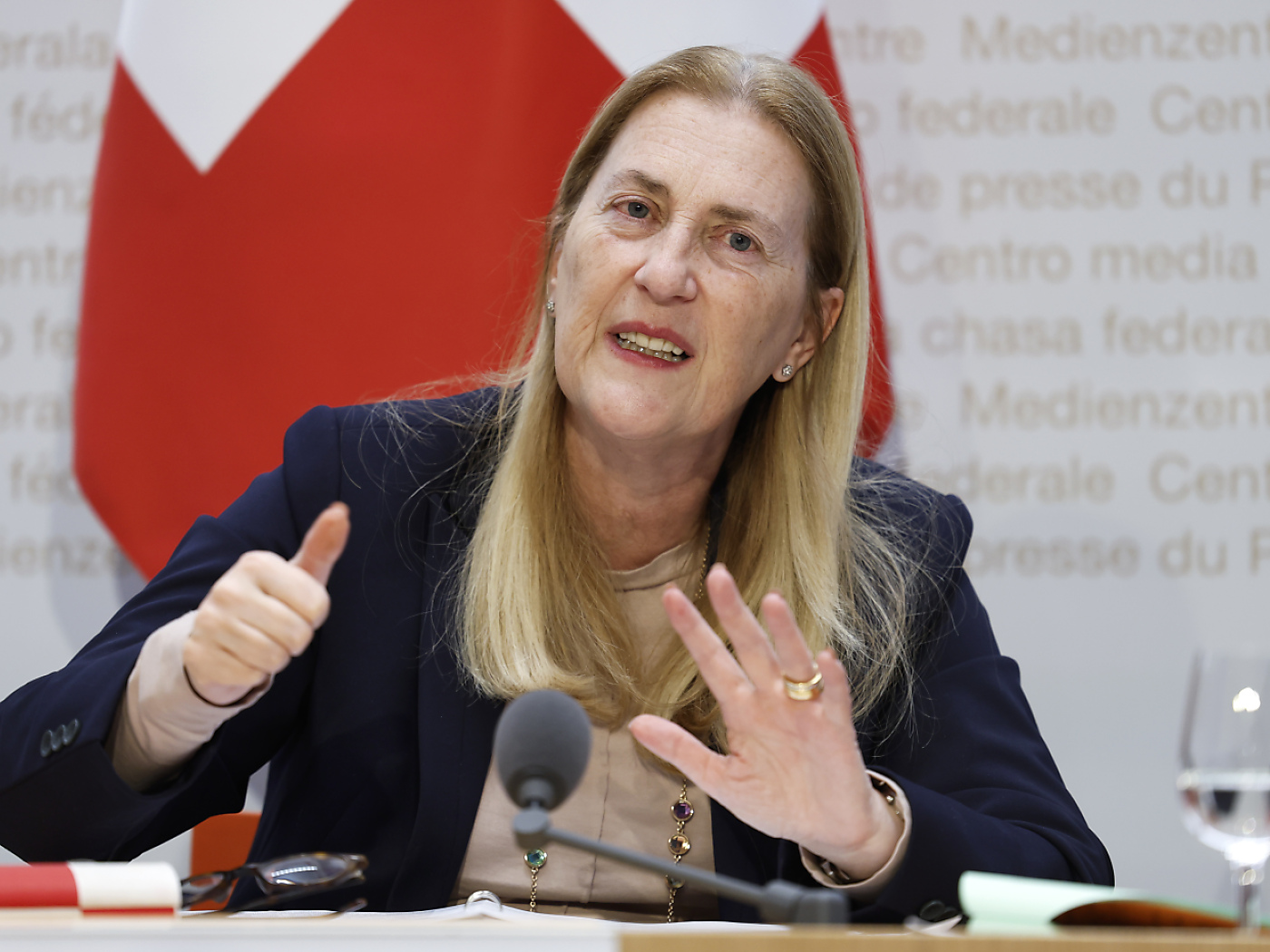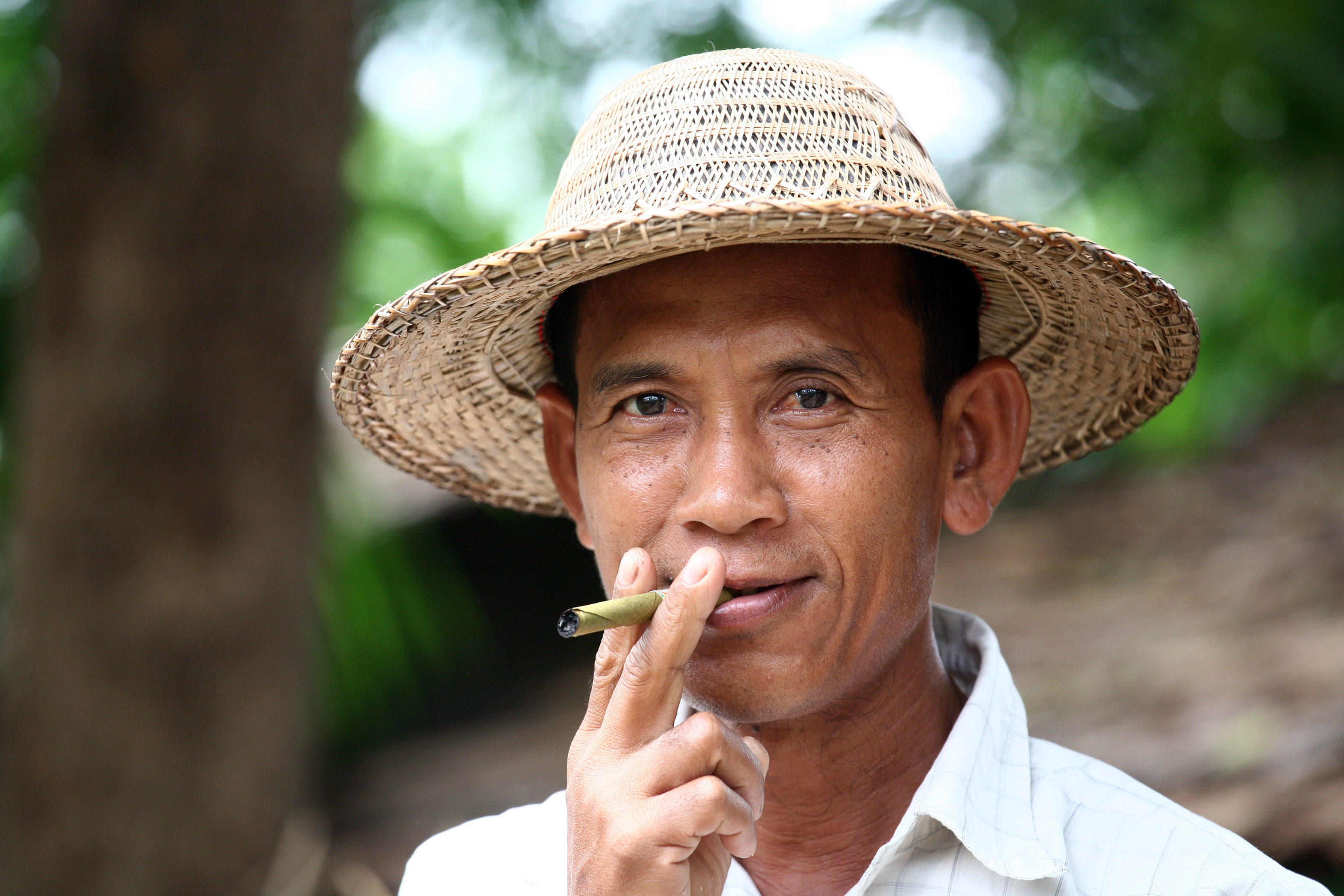Switzerland opens new embassy in Myanmar

Foreign minister Didier Burkhalter on Saturday opened the new Swiss embassy in Yangon. This first official government visit underlines Switzerland’s intention to intensify relations with the Asian country.
With the inauguration Burkhalter wants to send a clear signal on the current and future importance of the country, Burkhalter stated, adding that Switzerland is keen to strengthen its partnerships in South Asia and Southeast Asia, the two regions linked by Myanmar.
As a neutral, non-colonial but very export-oriented country, Switzerland already started to develop diplomatic and economic ties in the Asia-Pacific region with a presence in Sydney in 1855. In Myanmar, which was formerly known as Burma, Switzerland has been active for almost two decades, mainly through humanitarian aid.
“Through this new door we will facilitate and develop direct contacts between our two countries and our two societies – two countries which have had bilateral relations since 1956,” Burkhalter said during the opening ceremony in the presence of Myanmar’s finance minister Win Shein. “This decision by the Swiss government to open an embassy will allow us to develop and to deepen these relations.”
Switzerland a few years ago established an office for its development and cooperation agency in Yangon, the largest city and previous capital. In 2012, the countries drew nearer, when the Swiss authorities received opposition leader and Nobel peace prize winner Aung San Suu Kyi, the icon of Myanmar’s democratic movement, as well as government minister Aung Min.
Stronger ties
Through the new embassy, which will incorporate its diplomatic service and development agency, Switzerland plans to strengthen its ties in the areas of peace support, human rights, health and food. It also reiterated that it will further support Myanmar in matters of employment and vocational training, an effort illustrated by the fact that Burkhalter’s state visit is set to include a tour at a Swiss vocational training centre for apprentices in Yangon.
On Friday, the first day of his official visit, Burkhalter announced that Switzerland will every year invite 15 experts to receive further education on subjects including democracy, federalism and international human rights. In addition, it will contribute $100,000 (SFr94,000) for efforts by the city of Bagan, which is famous for its historic temples and pagodas, to be listed as a Unesco World Heritage site.
At the embassy opening, Burkhalter signalled that Swiss development cooperation and humanitarian aid is set to increase from $11 million in 2012 to $20 million in 2013 and $35 million per year by 2016.
Myanmar is in dire need of any type of assistance despite its abundance of natural resources. Burma used to be the world’s largest exporter of rice and teak. Even today, it is a major exporter of gems such as sapphires, pearls and jade, and it still produces almost all of the world’s rubies.
Decades of mismanagement and civil wars since its independence in 1948, however, have turned Myanmar into one of the poorest nations in Southeast Asia today.
Recent clashes
“Switzerland expresses its serious concern at the latest outbreaks of violence between communities in Rakhine State,” Burkhalter stated, referring to political and social unrest, most recently sectarian clashes in the Rakhine region. “We call on all parties for an immediate end to the violence, urging the authorities to take all necessary action to protect civilians without delay.”
At the same time, Burkhalter acknowledged encouraging moves in the areas of democracy, the economy and social development, as well as in terms of reconciliation and openness in Myanmar.
The country’s showpiece is its fast-growing new capital Naypyidaw, which – after being established on a green field in 2005 – is already the third-largest city. Burkhalter on Friday visited Naypidaw to meet with Suu Kyi. He also paid a visit to Burmese president Thein Sein, foreign minister Wunna Maung Lwin and economics minister Soe Thein.
Enormous potential
The new ambassador, Christoph Burgener, said his most important task is to support Swiss companies to position themselves in the country. Burgener added that Myanmar with its population of 60 million has “an enormous potential for investments and consumer goods.” He was speaking to Swiss public radio a few days before the opening ceremony.
Burgener also said Switzerland would try to help promote democracy, be this the government, members of parliament or ethnic minorities.
On Monday, Burkhalter will join Swiss president Eveline Widmer-Schlumpf at the Asia- Europe Meeting, which is taking place in Ventiane, the capital of Laos. During the summit, Switzerland will formally become member of the interregional forum comprising 46 countries in Asia and Europe.
“This fits in perfectly with Switzerland’s foreign policy strategy,” Burkhalter said, adding that the country also wants to increase its presence and cooperation with the Association of Southeast Asian Nations, an organization that Myanmar will chair in 2014. In the same year, Switzerland will chair the Organisation for Co-operation and Security in Europe.
Myanmar, formerly Burma, has been under military rule since 1962.
The country has faced political and economic isolation since the military refused to recognise the results of a democratic election in 1990, won by the pro-democracy National League for Democracy of Nobel laureate Aung San Suu Kyi.
Foreign donors are reluctant to invest, saying the country’s human rights record is abysmal.
Neighbouring China is its biggest political and economic ally and has capitalised on the West’s reluctance to trade with the junta. It relies heavily on Myanmar for its energy needs and backs the regime in the international arena.
November 2010: first elections in 20 years; house arrest of Aung San Suu Kyi ends.
February 2011: Thein Sein becomes the first civilian president after half a century of military rule.
August 2011: the president calls on ethnic minorities to enter into peace talks.
October 2011 and January 2012: hundreds of political prisoners are freed.
April 2012: Aung San Suu Kyi is elected to parliament. Her party, the National League for Democracy, wins 43 of the 44 seats contested.
May 2012: Switzerland winds down some sanctions against Myanmar, following similar action by the European Union and others.
June 2012: Aung San Suu Kyi goes to Thailand for her first trip abroad in 24 years.
June 13-15, 2012: Switzerland is the first European country visited by the opposition leader.

In compliance with the JTI standards
More: SWI swissinfo.ch certified by the Journalism Trust Initiative























You can find an overview of ongoing debates with our journalists here . Please join us!
If you want to start a conversation about a topic raised in this article or want to report factual errors, email us at english@swissinfo.ch.